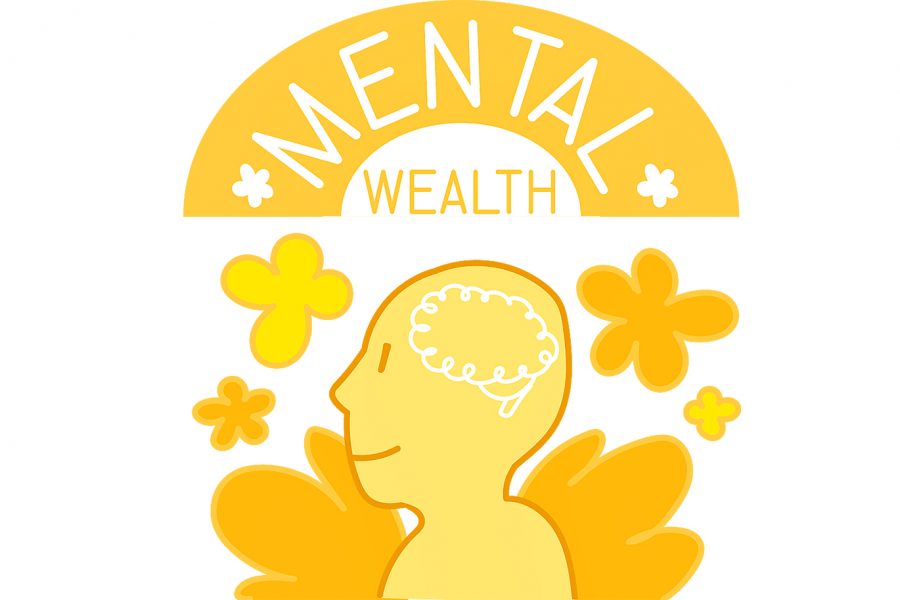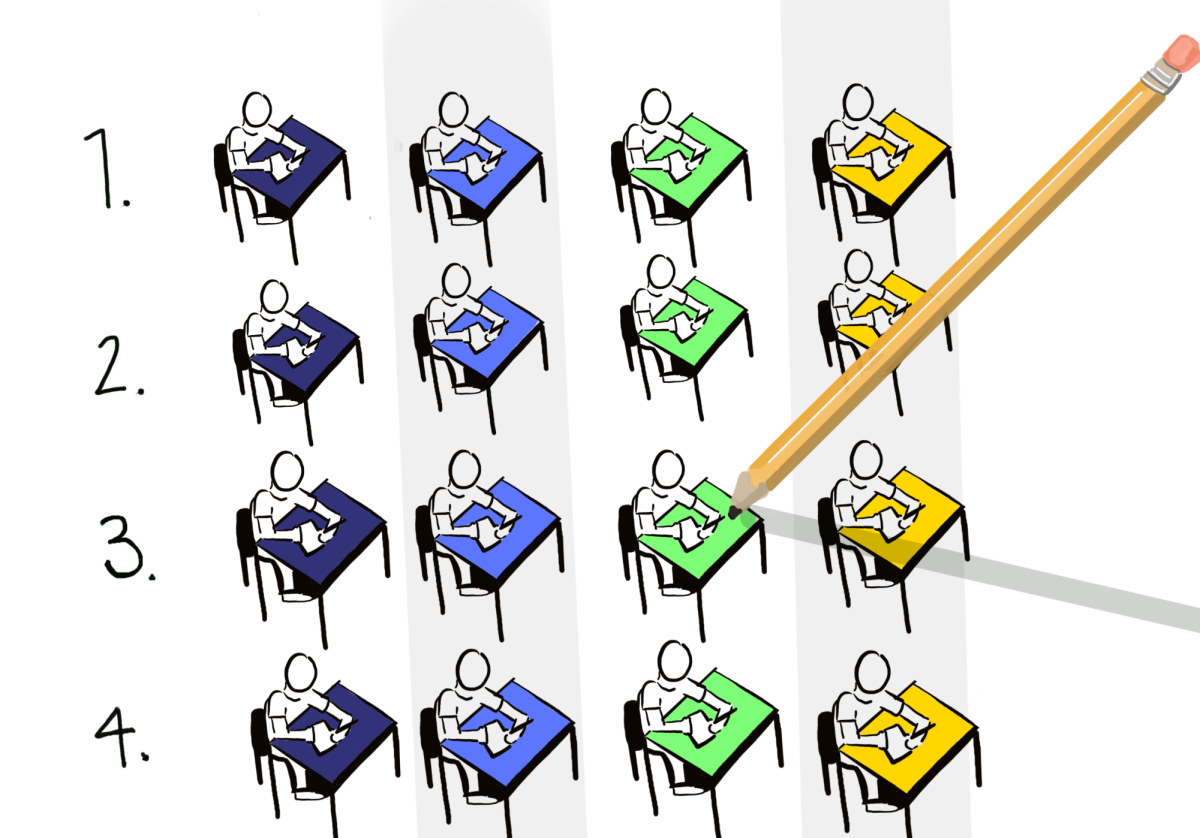If you’re a student seeking a convenient mental health resource, the Counseling and Mental Health Center’s Thrive app is currently your best bet for online help. Thrive provides Longhorns with seven self-guided modules to learn about and implement healthy habits in their day-to-day lives, but it shouldn’t be our only option.
Thrive’s greatest shortcoming is that it lacks access to the CMHC’s esteemed mental health and counseling staff.
In Thrive’s defense, Elana Bizer, technology initiative coordinator at the CMHC, notes that over 90 percent of Thrive users would recommend the app to a friend. With over 5 thousand Longhorns on the app, according to Bizer, Thrive is undeniably helping to forge a healthier campus.
While UT currently does an admirable job of addressing the demand for mental health resources, a chronic lack of resources means students often are not receiving the amount of counseling they need.
Psychology freshman Haiden Maples explained that limits on individual counseling have resulted in her only receiving counseling every other week, half the number of visits she would like. Students with more serious health issues, she noted, often receive assistance looking for off-campus therapists. These therapists, however, are often less convenient and more expensive than their on-campus counterparts.
Getting in-person treatment for stress, anxiety, and other mental wellness issues is difficult regardless of whether it is on or off campus. A mobile app where students could connect with professional counselors could reach more Longhorns and lower the strain of in-house visits at the CMHC. Whether it be over text or phone calls, students would have immediate access to counseling, and unlike the current suicide hotline, students could use it regardless of their condition.
“A lot of the time the people that could really benefit from therapy don’t reach out to it,” she explains, “I think (the app) would be good to destigmatize therapy.” Not only that, but she could finally get counseling more than twice a month.
Katy Redd, associate director of prevention and outreach at the CMHC, said they are “looking at what options … could help support students in this way.”
Luckily, the CMHC has multiple paths they can take.
Austin-based startup Cloud 9 has already developed an app based on the same concept — and is partnered with Dell Medical Center to boot. The CMHC could easily be their next partner. Even if that falls through, the CMHC could always make their own app — or just integrate the technology with Thrive.
Life isn’t always a party on the 40 Acres. Longhorns may be anxious about attending an in-person meeting or in need of immediate connection with a professional they have a relationship with. Sending a message or making a call from their phone to the CMHC would bring professional care into the palms of students’ hands. We certainly have the demand for it.
Within the last 12 months, nearly one in ten Longhorns have seriously considered suicide. Half have felt hopeless. Nearly two-thirds have been lonely, and nearly forty percent so depressed it was difficult to function. We need innovative solutions, and student pressure is vital to making this system a reality. If it worked for subsidizing the cost of care, let’s make it happen again. After all, it is our own health at stake.
Buckner is a Plan II and journalism freshman from Austin.





















